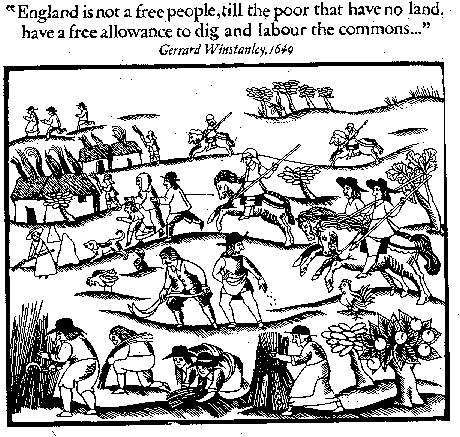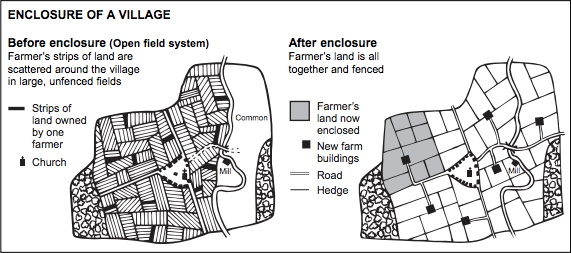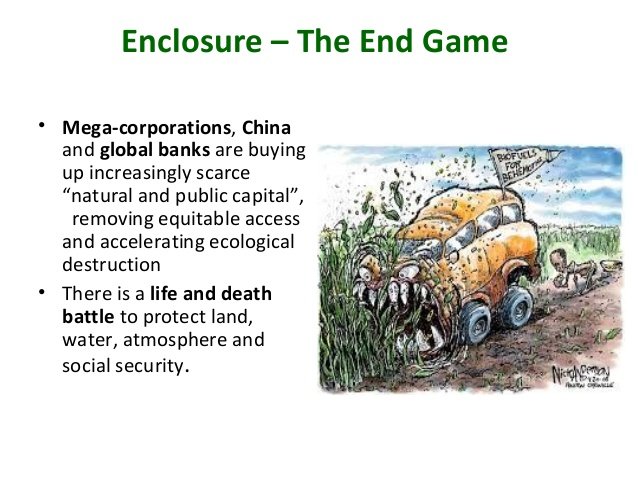Quotable 3 – Minor Marxism and the origins of capitalism
Today’s quote comes from Eugene Hollande. His work is amazing because he does a backwards reading of Capital. So rather than starting from the theory of value, he starts from the final passages of Capital, where Marx develops the notion of primitive accumulation, which I’ll explain below. This gives us a chronological ordering to the explanation of the emergence of capitalism, and is nicely captured in today's quote.
'The infinite debt once owed to the Despot for sparing the lives of the conquered is henceforth owed to capital for sparing the lives of the destitute by giving them jobs, so to speak.' - p. 105
Eugene W. Hollande, 'Deleuze & Guattari and Minor Marxism', in Jernej Habjan and Jessica Whyte (eds.), (Mis)readings of Marx in Continental Philosophy, Palgrave MacMillan, (London, 2014), pp. 99-110
I love this quote for several reasons. It summarises so concisely the origins of capital as coming from primitive accumulation, and captures the essential role of debt in capitalism. The aphoristic, poetic style is also a call back to the Frankfurt School, Nietzsche, and the pre-Moderns before them. I want to focus on the key message of the quote however, which is around primitive accumulation.
With the concept of primitive accumulation, Marx is looking to explain how capitalism emerged. Feudal Europe was based on a system where aristocrats rented out the land they owned to peasants for them to work it. In return, peasants payed their lords a tax. The nobles also set land aside for people to use freely, and could be pastures for grazing, woodland for firewood or hunting, lakes and rivers for fishing. These were called the commons because everyone could use them. It is in this sense that the ‘conquered’ owed ‘infinite debt’ to the lord of the land.

Over time however, as aristocrats were losing their power and wealth, merchants were busy buying up their land, mainly the commons and farming land. So the process of primitive accumulation is not just the accumulation of capital but also the dispossession of private and common (public) goods. Stripping people of access to their land and the commons like this meant they no longer had access to essential resources for their survival. As a result, they were progressively forced to find alternative means of subsistence, mainly by turning to the market to buy goods and sell their labour.
Primitive accumulation therefore describes how the wealthy were able to use their surplus money to buy up other people’s land and make money off of it by hiring them back. It also shows how market forces are what pushed people to have to adopt capitalism as a system.
Overtime, capitalism has become all pervasive and has permeated all aspects of society. There is no way of surviving outside of capitalism today because there is no outside of capitalism. In more concrete terms, everything has a price. But it does provide us with the means for survival within it, both through the goods it sells us and the employment it gives us. Employment, however, comes at the cost of exploitation.

The process of enclosure and dispossession (source unknown)
While Marx described primitive accumulation as the start of capitalism, we still see it happening today. Countries get forced by global economic institutions like the International Monetary Fund and World Bank to adopt radical economic policies. This opens up all land and resources to international markets, destroying local markets in the process and forcing people into employment in degrading and often dangerous conditions for minimal pay. At the same time, what little state structures and assets exist get ripped apart and any value they have taken out of the country.

Source: Pat Conaty (2013) New Economic Foundation and Co-Operatives UK
Despite what some people like to say, this doesn’t mean there isn’t anything beyond capitalism. New modes of thinking and practices have existed for decades but have just needed the right moment to be accepted more widely. Practices, technologies and ideas like blockchain, agroecology and permaculture, open science, creative commons, open source, and others have the potential to open up access to new worlds beyond capitalism and the state.

Source: shareable.net
This is because they are approaches which do not rely on the accumulation of capital (money) with the aim of generating more capital, and do not depend on the exploitation of others’ labour. On the contrary, they seek to be accessible to all, collaborative and social endeavours. That is the potential of these innovations, we are the ones who need to decide on what we consume and promote, and we reap the rewards from it.
But if you’re on Steemit, you’re probably already thinking about these questions and doing something about it! :)
Hollande’s work is brilliant, with a fine pen and sharp mind. You can read more about his minor Marxism and download lots of his work for free here.
Read the other Quotables (more to come!):
Keep being awesome and sharing your great ideas Steemians!